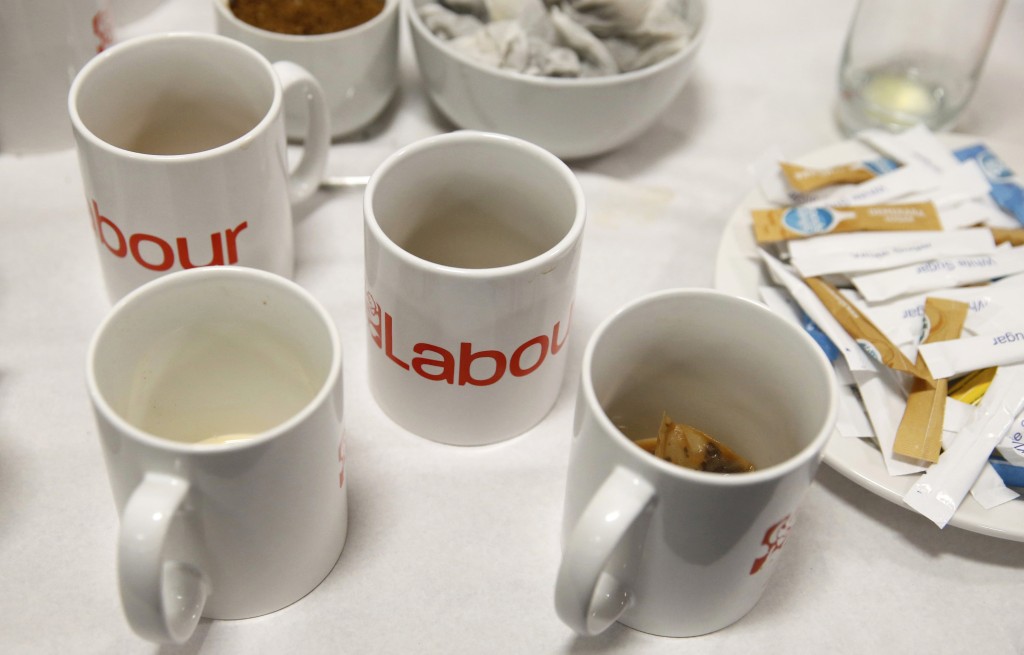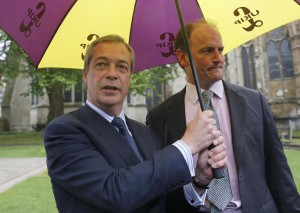A severe lack of leadership for both UKIP and Labour, just weeks after a game-changing British general election
The fallout from the British election continued this week, with both Labour and the eurosceptic UKIP party suffering from leadership problems.
Most outside observers would think that the supporters and party members of UKIP, which garnered 3.8 million votes, would be happy with their performance, if not their tally of seats, but the farce over leader Nigel Farage’s promise to resign and subsequent U-turn has created an opening for his critics.
Farage has lost a key ally, Raheem Kassam, and Patrick O’Flynn, the election campaign manager, called the UKIP leader a “snarling, thin-skinned, aggressive man.” Important donors have also expressed criticism of Farage.
One source told the Spectator this week that there are “lots of things that are not being done by the book,” and claimed Farage didn’t even formally resign, meaning those unhappy with his leadership are seemingly stuck with him.
For onlookers, the situation is just farcical. The exact moment that the party should be celebrating its impact on national politics and coming of age, it’s managing to look as amateurish as ever.
Labour meanwhile has removed itself from the political conversation, just when its voice and objections are needed the most.
Will they? Won’t they?
“Will they? Won’t they?” has become the name of the game, with potential leaders announcing on a daily basis that they will seek the party’s leadership. One hotly-tipped future leader, Chuka Umunna, has however ruled himself out.
In a statement, Umunna — seen as someone who may have pushed the party back into New Labour territory — said it was “not right for me or people close to me.”
Labour meanwhile has removed itself from the political conversation, just when its voice and objections are needed the most.
Political journalists say the extent of media attention on him over the last two weeks has shocked Umunna, with tabloid reporters waiting outside his house and the homes of his relatives into the early hours.
But while the paparazzi and the “Great British Media” try to dig up dirt on someone who now isn’t even running, Prime Minister David Cameron continues to make key appointments to his Cabinet. Many don’t make for good reading:
Equality minister: Caroline Dinenage (who voted against the gay marriage law in 2013).
Justice secretary: Michael Gove (who called for the return of capital punishment in 1998).
Health minister: Ben Gummer (who in 2008 said he was “personally and principally opposed to abortion).”
Disabilities minister: Justin Tomlinson (who in 2012 voted for cutting “extra benefits for disabled children and cancer patients,” according to the Mirror).
This is exactly when Labour’s voice is needed and they have no leader. Ed Miliband should’ve stayed in charge until September’s vote and ensured that all the public’s views were being heard.
@urlgoeshere
An edited version of this column was published in the Buenos Aires Herald, on Sunday, May 17, 2015 as part of the ‘Perceptions’ series.
Link: http://www.buenosairesherald.com/article/189386/fallout.


